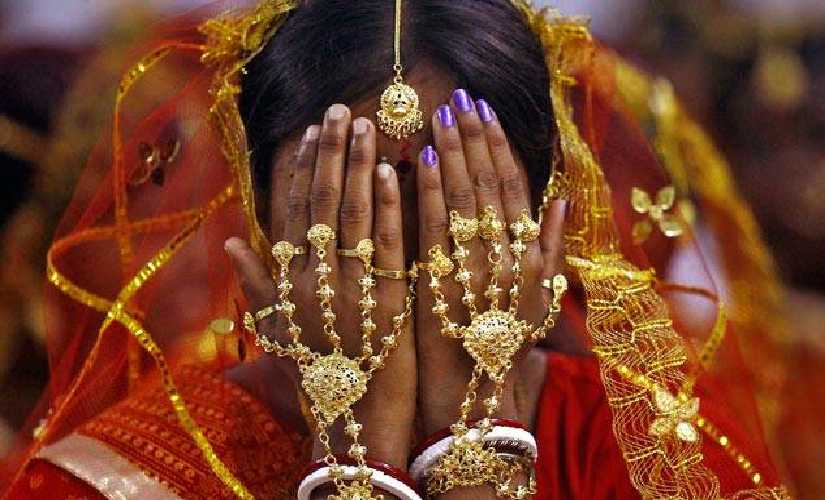- About
- Topics
- Picks
- Audio
- Story
- In-Depth
- Opinion
- News
- Donate
- Signup for our newsletterOur Editors' Best Picks.Send
Read, Debate: Engage.
| topic: | Women's rights |
|---|---|
| located: | India |
| editor: | Hanan Zaffar |
During the recent Holi festival celebrated by the Hindu majority in India, incidents of violence and hate crimes against the Muslim community surged. Several Indian states, including Uttar Pradesh, Maharashtra, Rajasthan, and Telangana, saw numerous cases of molestation and harassment targeting Muslims, especially women, by Hindu groups between March 23 and 25.
This is not a rare occurrence.
In recent years, communal violence in India has frequently escalated during Hindu religious festivals. These events often involve hundreds of people, sometimes armed with swords, guns, and tridents, marching through Muslim neighbourhoods and mosques. They chant hate slogans and play religious songs laced with calls for violence against Muslims.
A recent report from India Hate Lab, a Washington, DC-based organisation that tracks hate speech against religious minorities in India, noted that the country witnessed 668 hate speech incidents targeting Muslims. Approximately 25 per cent (169) of these incidents involved speeches advocating for targeting Muslim places of worship.
The report highlighted a pattern where hate speech events peaked from August to November, preceding assembly elections in certain states. Interestingly, about 75 per cent of these events (498) occurred in states governed by the Hindu-majority Bharatiya Janata Party (BJP).
Critics argue that hardline Hindu groups have gained confidence under the BJP's governance, accused of leveraging Hindu festivals for political gain.
The BJP, across all levels of government, has implemented discriminatory laws and policies against religious minorities. Further, its leaders and affiliates often make anti-minority statements, providing political patronage to Hindu groups, granting them impunity, and, in some instances, fueling violence.
Despite a significant decline in the protection of human rights for India's 200 million Muslims, the most important minority in the country, top institutions in India have largely ignored the situation. This trend has sparked concern among many in India, fearing that the government is becoming increasingly polarised along religious lines.
Global human rights organisations and grassroots activists have warned that these trends and inflammatory rhetoric have escalated to a dangerous level. As right-wing messages proliferate swiftly through social media and the government hesitates to intervene, there is apprehension that any incident could spark widespread violence that would be challenging to quell.
Gregory Stanton, the founder of Genocide Watch, a nonprofit organisation that issued comparable alerts before the massacres in Rwanda during the 1990s, stated during a U.S. congressional briefing that the demonising and discriminatory "processes" that precede genocide are already unfolding in India.
The fear is that the situation may deteriorate further in anticipation of the upcoming Hindu festival, Ram Navami, coinciding with Ramzan. In the past three years, Ram Navami has become a pretext for Hindu mobs to vandalise mosques and disturb peace in Muslim neighbourhoods, resulting in clashes and even killings of people.
Image by John Thomas.

